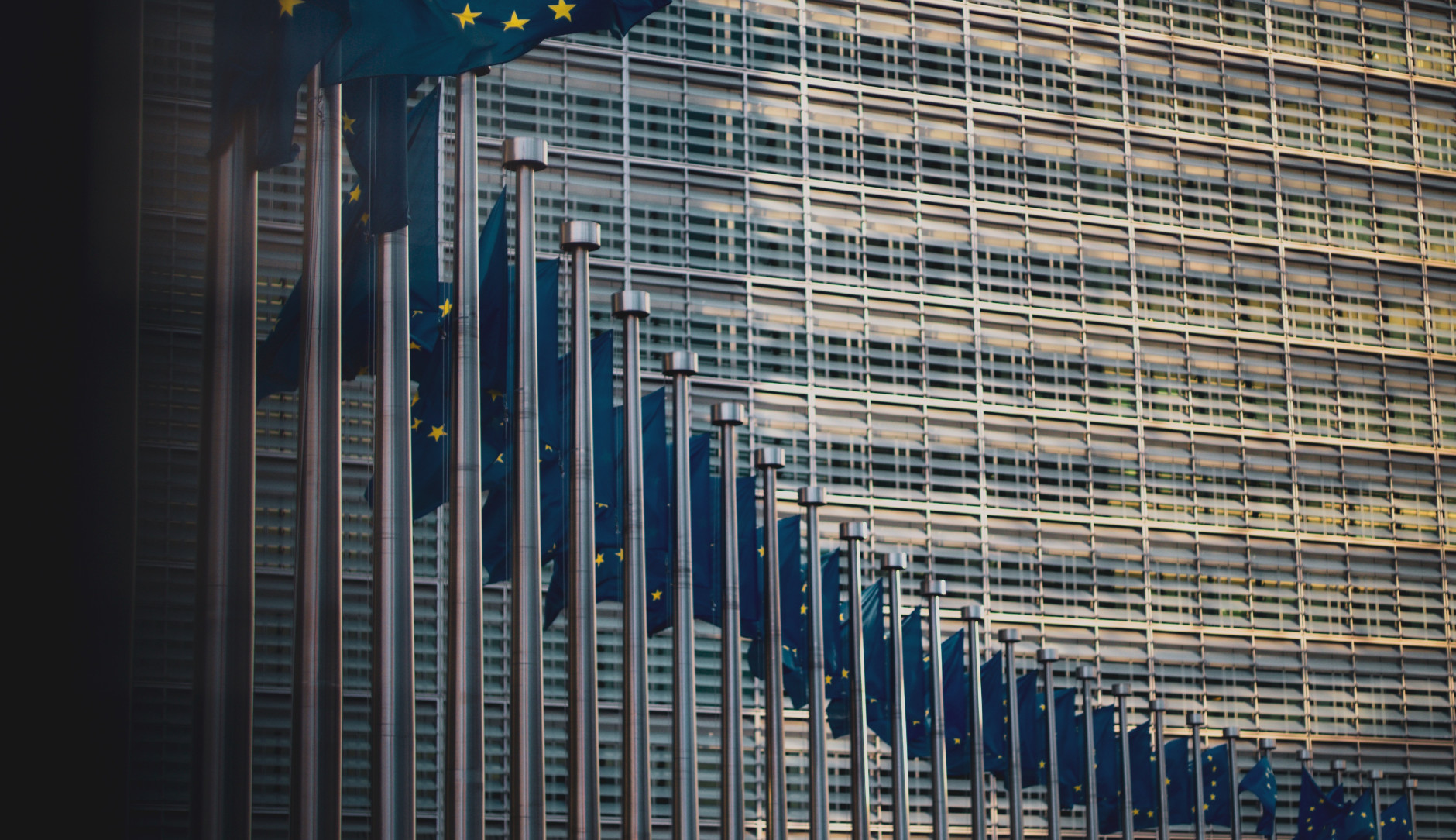The most undemocratic champion of democracy
The European Union has been a beacon of hope for the continent but its democratic shortcomings have come to light recently.

Uplifting the most undemocratic champion of democracy
The European Union has been a beacon of hope for the continent, ushering in an era of unprecedented peace and prosperity. For the last 60 years, it has helped to heal the scars of centuries-old conflicts that ravaged Europe. Although it has long taken pride in being a champion of democracy, the EU's democratic shortcomings have come to light recently.
As we celebrate Europe Day, we contrast the troubling democratic regress of our recent past through unified and practical suggestions for a vision of an EU that addresses the political, social, and economic inequalities that exist within its borders.
Key proposals to strengthen the EU
Russia's invasion of Ukraine evidenced the many limitations that the EU faces militarily. The EU's inability to respond swiftly and cohesively to new challenges has highlighted the need to start building the foundations of a European Defence Force. To reduce dependencies, we must increase the efficiency of our industry. By creating one industry instead of 27 we reduce costs, eliminate duplicities, and ensure the interoperability of our equipment. This goes hand in hand with common procurement, one of the key elements of the EU's response to the invasion of Ukraine. One of the main challenges to integration is the different perceptions of threat that each Member State has and the fear of losing sovereignty. However, global challenges require unity, and in this global geopolitical context, the EU needs to be a united military bloc .
Another crucial issue that the EU must address is economic inequality. The different tax systems in place create unjust competition amongst Member States, leading to huge inequalities between them. This not only hinders the EU from achieving its full economic potential, but it creates huge inequalities for European citizens. With the current economic challenges that citizens are facing, it is pressing that the EU levels the playing field, harmonising fiscal policies and creating a safety net for Europeans, ensuring that pensions, unemployment benefits, and other social protections are equal throughout the EU.
It is also imperative that the EU takes urgent action to agree on a common migration and refugee policy that puts the protection of the human rights of migrants at the forefront of the European response. The current patchwork of policies from the different Member States has resulted in a humanitarian crisis that leaves thousands of people in a situation of extreme vulnerability. To ensure the safety of those who seek refuge, all Member States should follow the same procedures when dealing with asylum seekers and migrants, ensuring they receive adequate support and resources to facilitate their integration in the country of reception. But Member States also need to show solidarity, and ensure that asylum seekers are fairly distributed amongst them.
Steps towards institutional reform
With some Member States putting forward legislation that blatantly contradicts the EU's core values, it has become increasingly clear that the EU needs a comprehensive reform of its democratic institutions. To ensure citizens regain their lost trust in our institutions, there must be a bold and forward-looking reform - and it starts with a European Constitution, that replaces the current treaties and lays the foundations for a federal European republic, fundamentally changing the way the EU operates.
The EU governance currently reflects the interests of the Member States, rather than those of the citizens. To overcome this, there should be a bicameral system- a European Parliament elected entirely through transnational lists, and a European Senate (stemming from the Council of the EU), that would represent the Member States. With this system, and the elimination of the veto power that national governments currently have, we would have a European Union that is democratically elected and accountable to its citizens.The executive power, currently held by the European Commission, would be placed in the hands of a Prime Minister and Cabinet of Ministers, appointed by the European Parliament. This new system would address the widespread concern of the EU being too inefficient.
However, reforms won't mean anything if citizens don't play a central role in the decision-making process of the EU. We need citizens' assemblies to ensure true impact on the policies put forward by the institutions. And through a recurrent Conference for the Future of Europe, citizens will always have a say on how to continuously improve the EU's democratic functioning.
Implementing such a significant overhaul of the EU's institutions would require significant political will and a willingness to cooperate among Member States. It is no small task, but one that is necessary, and urgently needed. It is time for the EU to show true leadership and take decisive actions to make the changes needed to be as democratic as the champion of democracy should be!
This article has been authored by Clara Panella Gómez, Board Member of Volt in Spain, alongside Reinier van Lanschot and Francesca Romana D'Antuono, co-Presidents of Volt Europa.